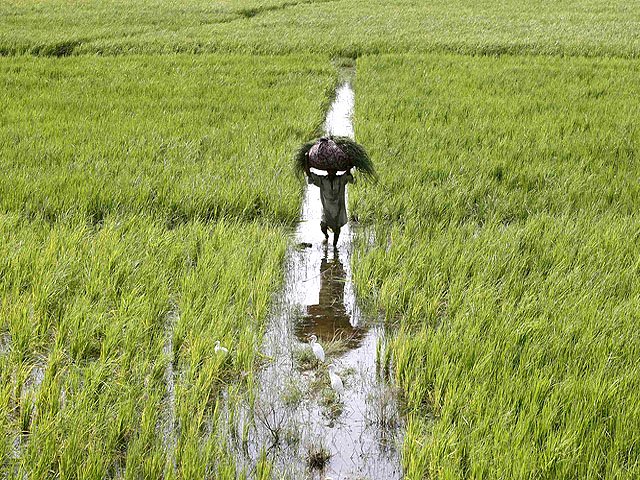
The objective of organising the fair in Larkana is to showcase and highlight the agri-economy of Larkana and nearby districts which produce approximately two million tons of paddy, said Agriculture, Supply and Prices Department Secretary Sajid Jamal Abro.
Briefing media at the Sindh Board of Investment (SBI), he said that out of the total rice production in the province, 90% was being exported to Africa, the Middle East and Far East.
Abro said rice producing countries like China, India, Indonesia, Bangladesh, Vietnam and Thailand were far ahead of Pakistan in terms of farm practices, crop yields and production technology.
The exhibition will highlight clusters of rice, poultry, dairy, livestock and fish farming. It will also showcase the warehouse receipt-based financing model for agri-commodities, which is being piloted by Sindh. It will revamp agri-financing in line with the mechanism adopted in the developed world, he said.
“The event will provide an update on the Entrepreneurship Development Programme launched last year at the Sindh Agriculture University (SAU) in Tando Jam. It will introduce ‘agripreneurship’ among agriculture graduates, equipping them with an insight into the international market.”
Larkana’s guava is known for its taste and aroma, but due to inefficient and old farm practices, most of the produce is lost. SBI and Sindh Enterprise Development Fund Chairperson Naheed Memon admitted that the province lost 70% of guava production in Larkana. Through the exhibition, she said, the Sindh government would create awareness among peasants to protect the produce.
However, stakeholders of the agriculture sector are not happy with the exhibition, saying it has not come up to their expectations. “It is a political move to win voters in the upcoming election,” remarked an experienced rice grower in Larkana, who was one of the founding members of the Sindh Abadgar Board.
In 2016, Pakistan’s agriculture sector had a 19.5% share in total size of the economy while its productivity ranged between 29% and 52%, far lower than the world’s best averages for major commodities, according to the Pakistan Business Council.
Published in The Express Tribune, February 1st, 2018.
Like Business on Facebook, follow @TribuneBiz on Twitter to stay informed and join in the conversation.

















COMMENTS
Comments are moderated and generally will be posted if they are on-topic and not abusive.
For more information, please see our Comments FAQ